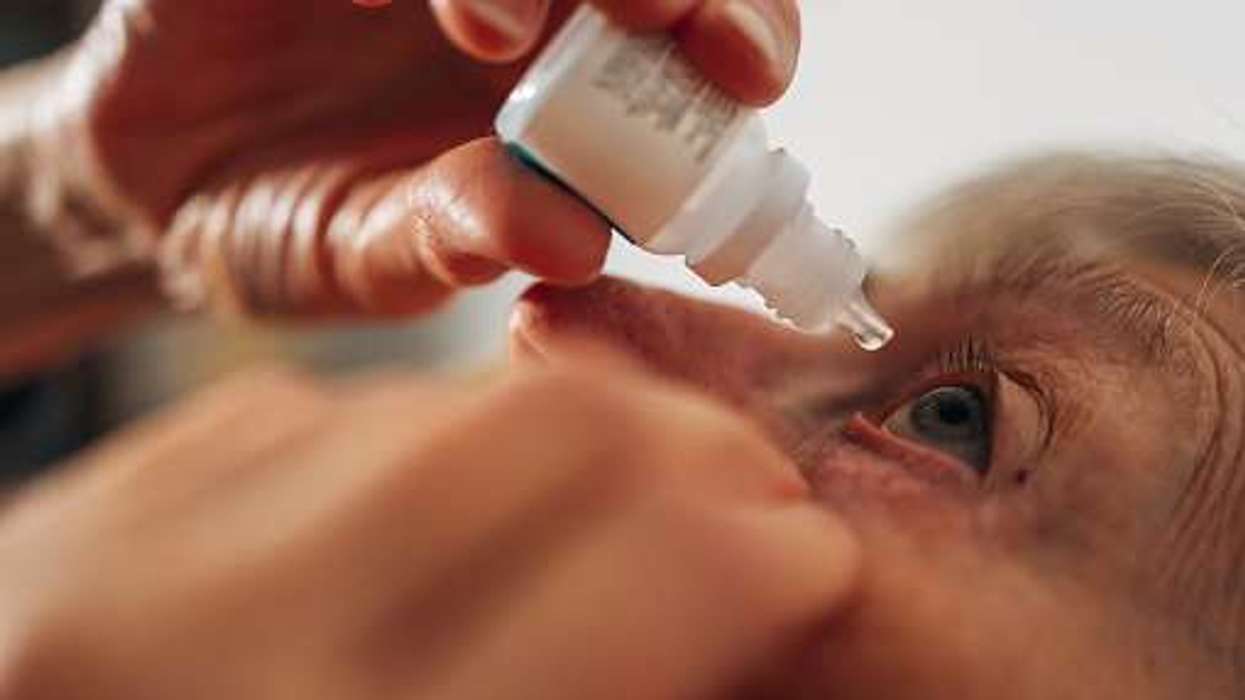The Royal Pharmaceutical Society (RPS) and the charity Marie Curie have developed a consultation on ‘professional standards for palliative and end of life care for community pharmacy’.
The consultation will be open for four weeks for community pharmacists, organisations with a role in community pharmacy or palliative/end of life care, or patients or carers with first-hand experience of palliative and end of life care to share their views until 1st December 2022.
Through this consultation, Society aims to that ensure the standards are clear, relevant, current, and fit for purpose from the perspective of the community pharmacy team, the wider health team and patients/carers.
“The final standards will be published in 2023 and will help community pharmacies across the UK to self-assess and continuously improve their palliative, end of life and bereavement care,” said RPS.
“The standards have been informed by thorough review of existing best practice across the UK and internationally, as well as a professional steering group consisting of community pharmacy experts, experts within the field of palliative care, lay members and healthcare professionals interacting community pharmacy.”
The standards cover eight core areas which community pharmacies should strive to deliver. Some examples of these are:
- Early identification and recording that a person has an Advanced Serious Illness or end of lifecare needs
- Care is based on the assessed unique needs of the patient, carer and family
- Care after death, and bereavement support
Darrell Baker, Chair of the Daffodil Standards steering group, said: “It is vital for us to get as many views as possible through the consultation so that community pharmacy teams can work together to deliver the best quality of care to palliative and end of life patients and their carers.
“The standards have been informed by thorough review of existing best practice across the UK and internationally. They have also been developed in collaboration with an expert multi-professional steering group and with support from the RPS Community Pharmacy Expert Advisory Group.”
The work aligns with and compliments the established RCGP and Marie Curie ‘Daffodil Standards for advanced serious illness and end of life care” for GP practices.











